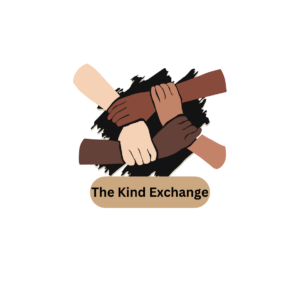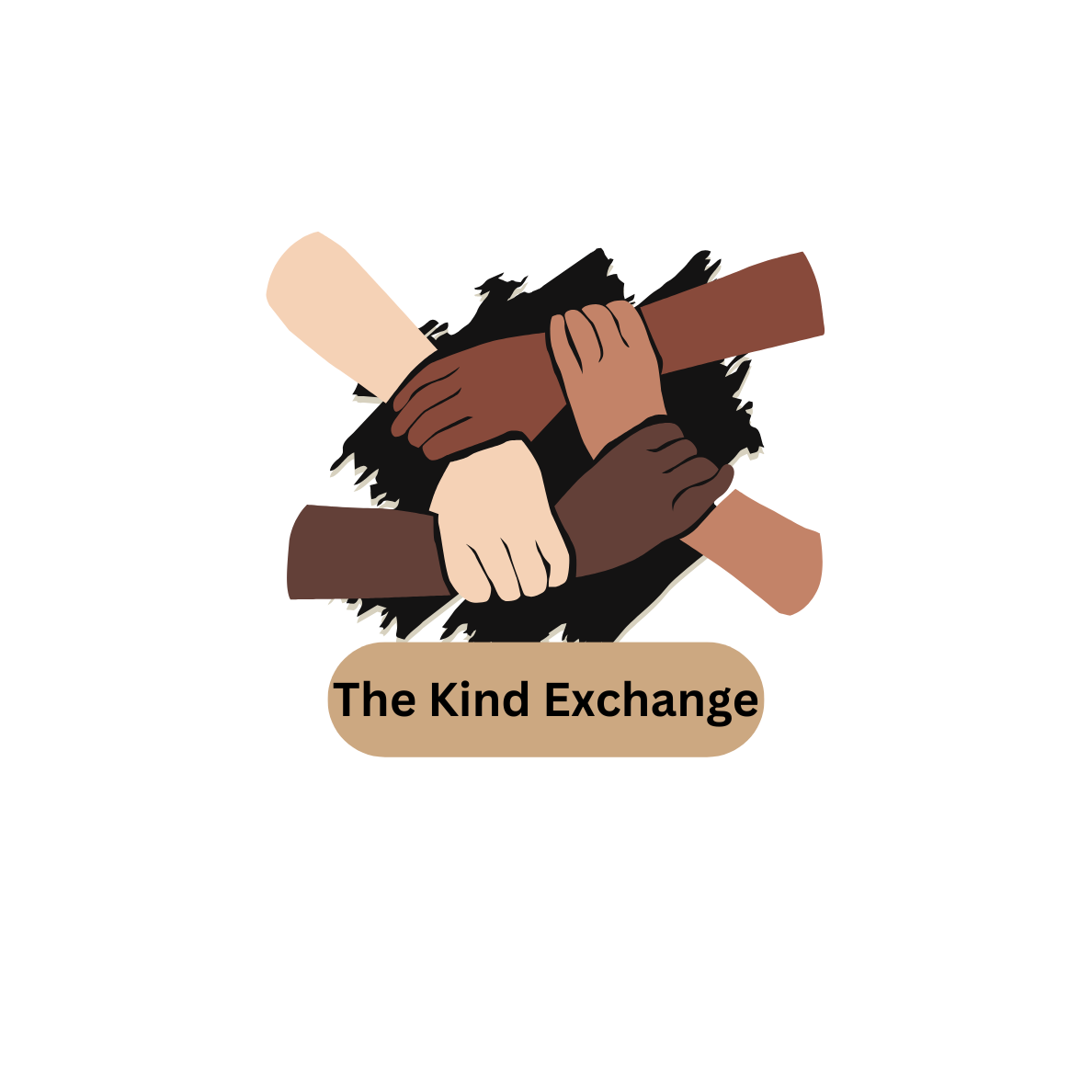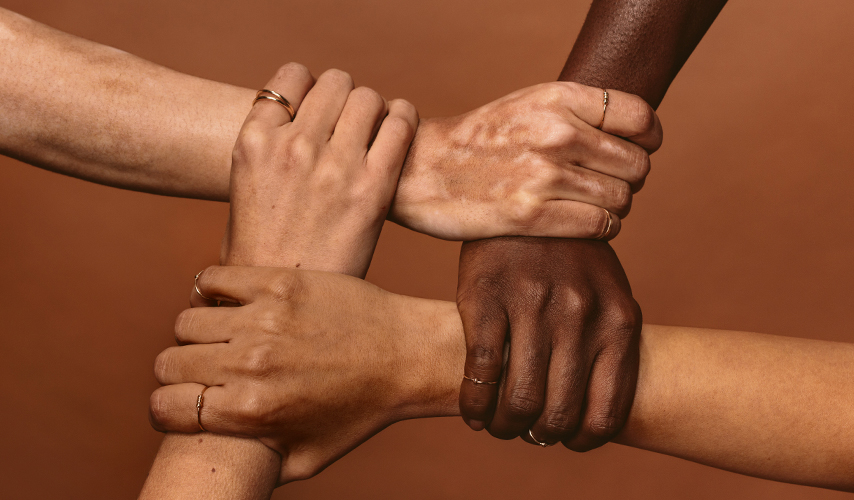Two summers ago, I took two of my kids to Storytime at a local library. My then 1 ½-year-old, full of joy and excitement, couldn’t contain himself. He kept standing up, greeting everyone around him, bubbling with energy. The room was packed, and only my 3-year-old daughter found a seat. When the little girl next to her left, my son excitedly moved to sit by his sister.
Then it happened.
A woman, the caregiver of the little girl, began yelling at my son—a toddler. “That’s not your chair! Get up! You get up right now” She continued shouting at him, even as I approached to intervene. I gently put my hands up and told her, “I got this,” as I picked him up, but she kept screaming.
My son was just a baby, yet he was met with hostility as if he had intentionally done something wrong. In that moment, I was the only one to stand up for him, though we were surrounded by other mothers, a librarian, and other children. We were the only people of color in the room, and not one person said a word to stop the woman or offer any support.
I walked out of the room angry and disappointed—not only by the way my child was treated but also by my own silence. I wanted to speak up but held back, fearful of being labeled the “angry Black woman.” I left the library, but the sting of that moment stayed with me. I even returned a few times afterward, hoping to run into the woman, wishing I had told her how wrong she was.
What Should Have Happened: The Power of Allyship
This situation wasn’t just about a woman yelling at my child—it was about the silent complicity that followed. Allyship isn’t a passive act. In moments like this, when a Black child is being treated unfairly, allyship is stepping in to say something, to do something.
In that room, anyone could have diffused the situation. They could have said, “He’s just a baby, there’s no need to shout.” They could have offered us a seat or simply shown some kindness. But instead, they chose silence—a silence that allowed the aggression to stand.
What many don’t realize is that remaining silent in moments like this isn’t neutral. It’s enabling harm. It’s allowing microaggressions and overt displays of racism to continue unchecked. Allyship means taking action, even when it feels uncomfortable. It means standing up for what’s right, even when it’s inconvenient.
Raising Black Kids in an Ethnocentric Monoculture
For Black parents, raising children in spaces where they are the minority is a constant battle. My son was just 1 ½ years old, but to that woman, he wasn’t seen as an innocent child—he was already being treated as a problem. This is a reality we face too often: our children are denied the grace and understanding that other children are given without question.
It’s not just the aggressors who concern us—it’s the bystanders. The ones who see what’s happening and say nothing. The ones who could have made a difference but choose not to. In these moments, allyship is critical. It’s the difference between a mother feeling isolated and overwhelmed, or feeling seen and supported.
What Can You Do?
1. Speak up.
If you see someone being treated unfairly, especially a child, don’t hesitate to say something. Your voice can make a world of difference.
2. Offer support.
Sometimes, a simple word of kindness can change the course of a difficult moment. Even a small gesture like offering a seat or showing empathy can make someone feel seen.
3. Recognize your privilege.
If you find yourself in a space where everyone looks like you, ask what you can do to make that space more welcoming and inclusive for others.
The Call for Active Allyship
Allyship isn’t about getting it perfect every time—it’s about showing up, even when it’s hard. It’s about ensuring that no mother ever has to leave a room feeling like her child’s humanity didn’t matter, and that she was utterly alone. Let’s make this message loud and clear: We need more than silence. We need allies who act. Be the voice that speaks up. Be the hand that reaches out. Be the ally who makes a difference.




